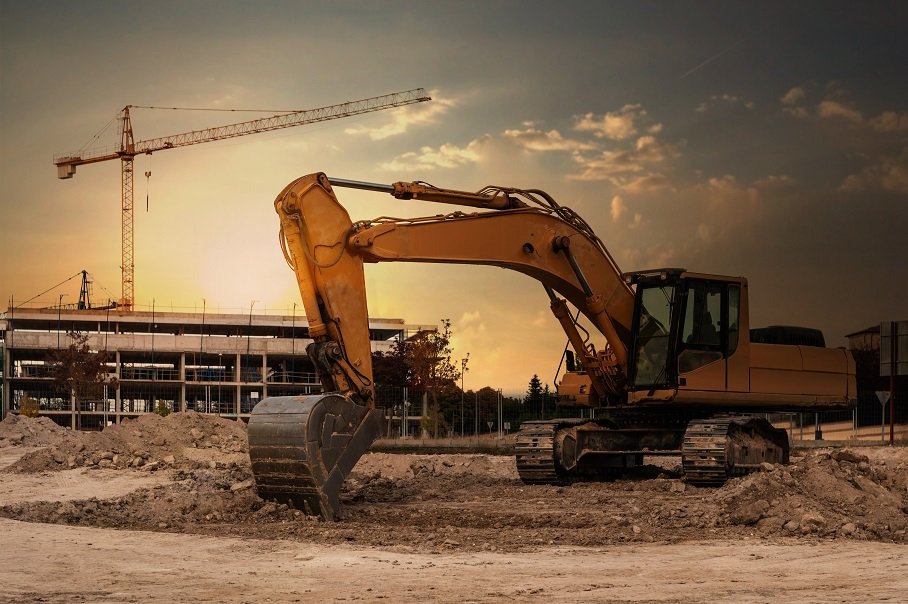India’s Ministry of Environment, Forest and Climate Change (MoEFCC) has notified the latest draft “Construction and Demolition Waste Management Rules, 2024” on July 31, 2024, which supersedes the 2016 rules, and is seeking comments for 60 days. The draft has stipulated Extended Producer Responsibilities (EPR) for producers, which are waste generators registered on the portal for a building or building complex project having built-up area of 20000 square meters and above. Producers are obligated to recycle and reuse the construction and demolition wastes generated, while non-compliances shall be subject to environmental compensations.
Here are the main obligations of producers:
1. Registration
Register on the online portal made by the authorities.
2. Waste Management Plan
Prepare a waste management plan which includes the foreseeable amount of waste to be generated, and have it submitted to the Central Pollution Control Board (CPCB)
3. Management of Waste
Collect and segregate 100% of waste generated, and channelize them to be recycled by recyclers.
4. EPR Obligations
Beginning at year 2025-26, waste generated during re-construction* and demolition activities shall be recycled. For year 2025-26 50% of wastes generated shall be recycled, and since year 2025-26 100% shall be recycled.
On top of that, part of materials used for construction and re-construction shall be utilized waste. After year 2030-31, the percentage of minimum target is 25%.
| Year | Minimum waste utilization target |
|---|---|
| 2026-27 | 5% |
| 2027-28 | 10% |
| 2028-29 | 15% |
| 2029-2030 | 20% |
| 2030-31 onwards | 25% |
*“re-construction”, means all construction activities covering erection, remodelling, repair and renovation, preceded by demolition of an existing structure.
Wastes that are accounted for EPR obligations are such as: cement concrete, bricks, cement plaster, stone, rubble, tiles, etc. The readily resalable/ reusable streams of waste like iron, wood, plastic, metal and glass will not be considered as part of EPR compliance.
5. Reporting
Producers shall submit data regarding on waste of the past 6 months, once every 6 months. Producers shall also inform the corresponding state pollution control board when an accident occurs during collection, transportation, storage or processing of waste.
India has introduced many EPR Rules one after another since year 2016. As of now, EPR rules for plastic packaging, battery, electric and electronic equipment, tyre and base oil are in force, while automobiles (ELV) is also under draft stage. This latest rules for construction & demolition waste also has a very similar regulatory framework as the previous ones.
Download the rules here:
https://egazette.gov.in/writeReadData/2024/255936.pdf
 India Notifies Draft EPR Rules for Construction & Demolition Waste
India Notifies Draft EPR Rules for Construction & Demolition Waste 

























